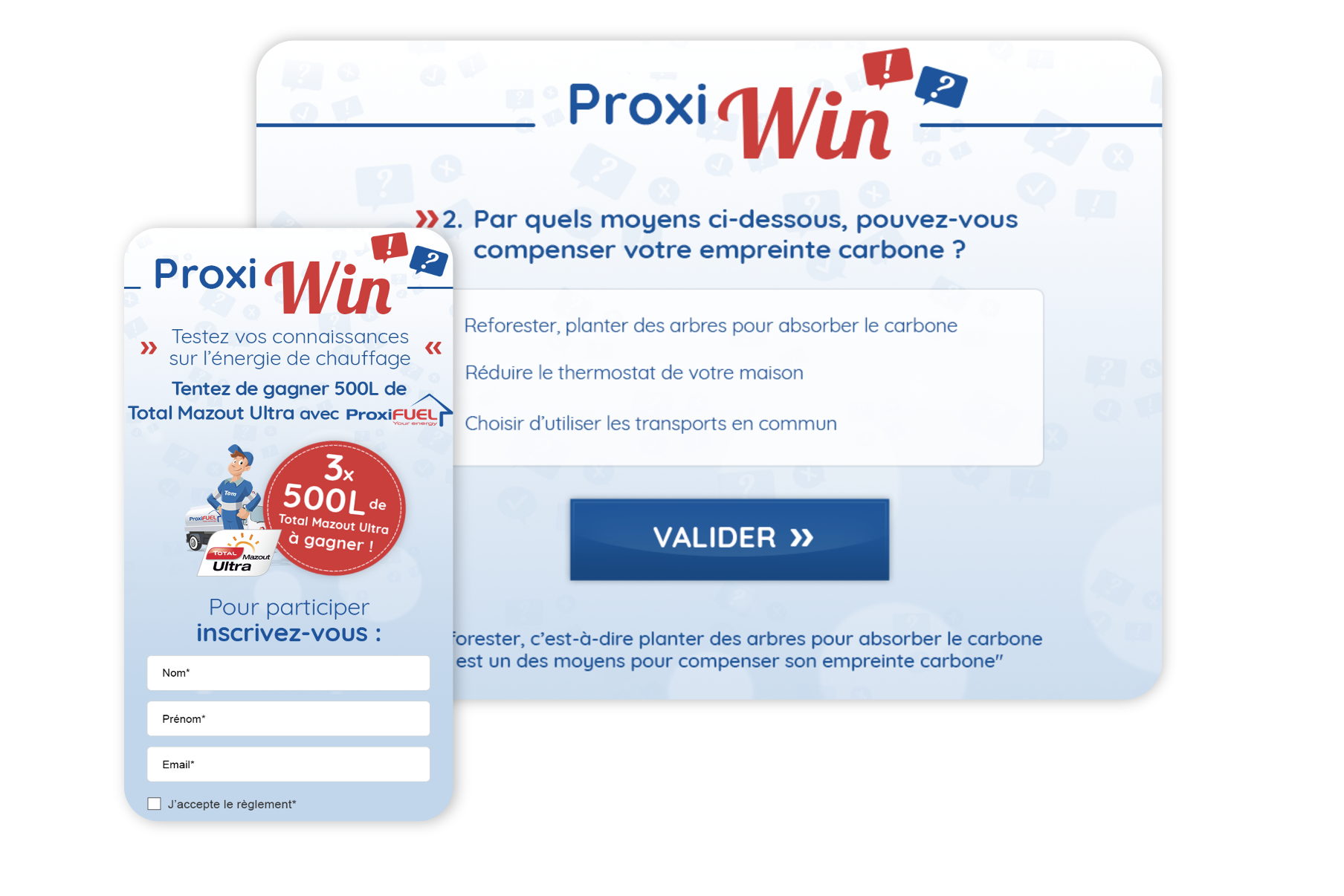The role of marketing is to encourage consumers to adopt a particular behaviour. It’s a creative discipline that that evolves with societal change and technological advances. In this way, marketing adapts to buyers’ preferences and expectations.
While we have recently seen an expectation of strong interaction with brands (facilitated by the Internet and social networks), consumers increasingly see themselves as committed players. Our consumer choices reflect our values, the causes we support and the changes we want to see in society.
Hence the demand for transparency and integrity on the part of economic players, including in the way they communicate. This trend is called responsible marketing. C’est une approche plus authentique, sincère et engagée d’échanger avec ses clients et prospects sur la manière dont opère l’entreprise.
This article looks at the challenges of responsible marketing and the benefits it can bring for brands. We will also look at how to embody a more ethical voice by using gamification to better understand the expectations of its audience and adapt its communication accordingly.
What is responsible or committed marketing?
Responsible marketing is a communications strategy in which a brand takes into account the impact of its activity and its statements on the environment and society. Also known as ethical marketing, this approach involves address social, ethical and ecological issues in its marketing campaigns. It is also important to use more sustainable media and communication tools that respect users’ privacy.
It should be noted, however, that responsible marketing should not be seen simply as a strategy for attracting customers. To have a real impact, this approach must be genuine, verifiable and translated into concrete action. In this way, it sets itself apart from washing practices (such as greenwashing or pinkwashing). This approach goes beyond mere posturing for the sole benefit of brands and takes into account the general interest.
Examples of responsible marketing
Responsible marketing practices can take several forms, depending on the sector in which the company operates and the expectations of its audience.
Examples include :
- Highlighting virtuous practices (ecologically and socially). The Ikea furniture brand for example, has moved towards greener production methods. This means using materials with a low carbon footprint, but also designing circular products. They will remain useful and in good condition for many years.
- Supporting charitable causes. Companies can also adopt responsible marketing by communicating their support for charities. This is the case, for example, with Patagonia, whose founder donates a considerable proportion of his profits to environmental NGOs. The Marriott hotel group has developed a programm in which members can earn points by booking in one of its hotels. They can then make a donation to partner organisations such as UNICEF and the World Central Kitchen.
- The use of communication channels that respect their users. Brands can opt for less energy-intensive formats or avoid posting too often to avoid generating advertising burnout. Lush, for example, has decided to delete its Instagram and Facebook accounts in protest at Meta’s dubious practices when it comes to protecting user data.
The benefits of responsible marketing for brands
Responsible marketing is essential for building solid, high-quality relationships with customersBut also to ensure sustainable growth. Here are the main reasons for adopting more virtuous communication:
- Strengthen consumer confidence. This concerns the protection of their data and respect for their confidentiality. Users are cautious when it comes to sharing their information, and prefer companies that comply with the RGPD and are transparent about their data collection practices.
- Boosting customer satisfaction. Les marques adoptant un marketing responsable donnent la priorité aux intérêts de leur communauté plutôt qu’à leur bénéfice financier. Elles favorisent le bien-être de leurs clients, notamment en protégeant leur écosystème.
- Improve brand reputation and develop a competitive edge. Companies no longer stand out solely on the quality of their products or services. Those that gain market share succeed in capturing the attention and loyalty of consumers who favour committed brands.
- Stimulate customer loyalty. Brands that opt for ethical marketing tend to generate a stronger connection with their target audience. Shared values and commitments foster a strong emotional bond. This in turn encourages lasting relationships and brand loyalty.
Gamification for responsible marketing
Popular with brands as a way of increasing interaction and strengthening the connection with their audience, gamification applies to responsible marketing. The principle behind this strategy is to incorporate fun, playable elements into its campaigns. They take the form of marketing games, points systems or attractive rewards, etc.
Gamification therefore makes it possible to :
1. Promoting consumer awareness and education. La gamification est utilisée dans l’éducation pour faciliter la mémorisation de nouvelles informations et motiver les apprenants. En marketing, cela peut prendre la forme de quizzes, a fun and engaging format that companies can use to share information or raise awareness among their audience.

2. Encourage the adoption of responsible practices through committed challenges. Solidarity challenges are a way of mobilising your audience in support of a cause. By creating healthy competition and offering prizes, brands can encourage their customers to raise funds, adopt more eco-responsible actions, and so on.
3. Better understand the needs of your audience while respecting their privacy. Gamification is a responsible marketing lever that makes it easier to gather information on consumer expectations. All in a transparent and ethical way (in particular without tracking its audience with cookies) because customers voluntarily share this data via collection forms (before or after a marketing game).
Conclusion
Responsible marketing has become an essential lever to help brands create a strong connection with their audience and support sustainable growth. To adopt more ethical and transparent communication, your brand can rely on gamification. Discover our playable mechanics and transform the way you communicate with your customers!







